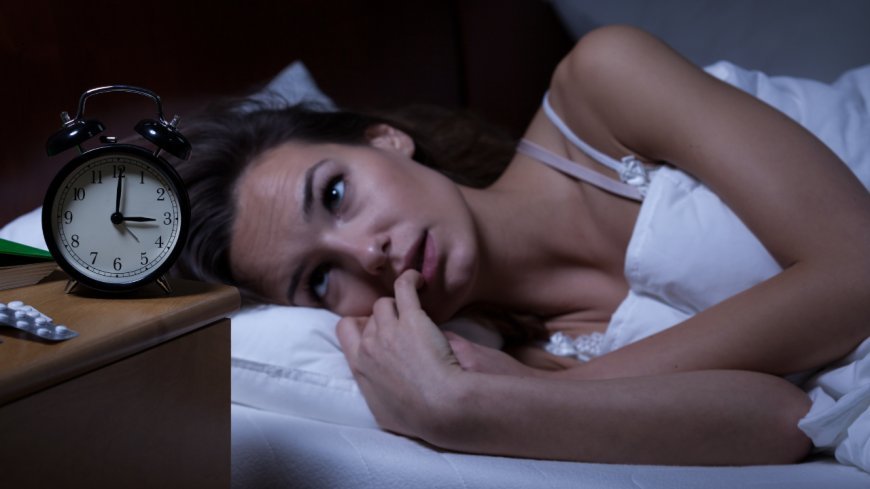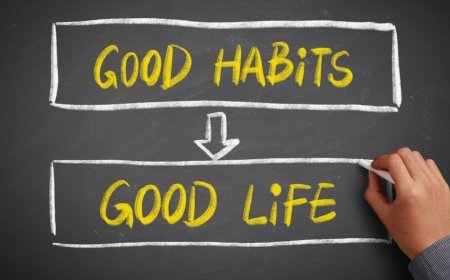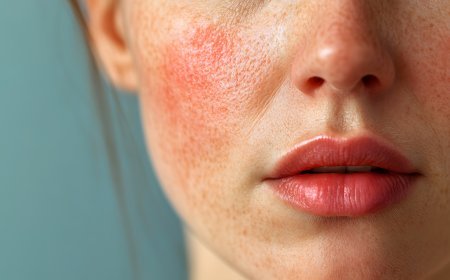When You Sleep Less Than 7 Hours, This Is What Happens to Your Brain
Dive into the critical role sleep plays in maintaining sharp cognitive function, exploring the science behind sleep deprivation, its unexpected mental impacts, actionable strategies for better rest, and the role of modern sleep technology in optimizing brain health.

In an era where hustle culture still lingers, sleep often takes a backseat, but your brain pays the price. Getting less than 7 hours of sleep per night isn’t just about feeling groggy—it fundamentally disrupts cognitive function, emotional stability, and long-term brain health. In 2025, as sleep tech and wellness hacks dominate discussions on platforms like X, the focus on sleep as a cornerstone of mental sharpness has never been stronger. Prioritizing rest isn’t a luxury; it’s essential for keeping your brain firing on all cylinders.
Science: How Sleep Deprivation Affects Memory, Focus, and Mood
Sleep is when your brain consolidates memories, clears toxins, and resets neural pathways. Skimping on it—less than the recommended 7-9 hours—disrupts these processes. Research shows that sleep deprivation impairs the hippocampus, the brain region critical for memory formation, leading to weaker recall and learning difficulties. A 2023 study found that even one night of poor sleep can reduce cognitive performance by up to 30%, affecting problem-solving and attention.
Focus takes a hit too. The prefrontal cortex, responsible for decision-making and concentration, becomes less active under sleep deprivation, making tasks feel harder and errors more likely. Mood regulation also suffers: lack of sleep disrupts the amygdala, heightening emotional reactivity and increasing risks of anxiety and depression. Chronic sleep loss compounds these effects, potentially accelerating cognitive decline and raising the risk of neurodegenerative diseases like Alzheimer’s.
Surprising Effects: Brain Fog, Slower Reactions, Emotional Swings
The immediate fallout of sleeping less than 7 hours can catch you off guard. Brain fog—where thoughts feel sluggish and clarity eludes you—is a hallmark of sleep deprivation, often mimicking the effects of mild intoxication. Reaction times slow significantly; studies equate the impairment from one sleepless night to a blood alcohol level of 0.05%, impacting activities like driving or complex decision-making.
Emotional swings are another curveball. Without enough restorative sleep, you’re more likely to overreact to minor stressors or feel uncharacteristically irritable. This stems from the brain’s struggle to regulate emotions, making you feel like you’re on an emotional rollercoaster. Over time, these effects can strain relationships and diminish work performance, turning small sleep deficits into big life challenges.
Practical Tips: Bedtime Routines, Limiting Blue Light, Affordable Sleep Aids
Improving your sleep doesn’t require a complete lifestyle overhaul. Start with a consistent bedtime routine: aim for the same sleep and wake times daily to stabilize your circadian rhythm. Create a wind-down period 30-60 minutes before bed—read, meditate, or listen to calming music to signal rest to your brain.
Limiting blue light exposure is crucial, as it suppresses melatonin, the hormone that regulates sleep. Dim screens or use blue-light-blocking glasses after 8 PM, and avoid scrolling on your phone in bed. Affordable sleep aids like blackout curtains (starting at $10 online) or white noise machines (around $20) can enhance your sleep environment without breaking the bank. Herbal teas like chamomile or supplements like magnesium (consult a doctor first) may also promote relaxation.
Tech Spotlight: Do Sleep Trackers Really Help?
Sleep trackers, from wearables like Fitbit to apps like Sleep Cycle, are all the rage in 2025, promising insights into your rest patterns. These devices monitor metrics like sleep duration, stages (light, deep, REM), and disturbances, offering personalized tips to improve sleep quality. For example, the Oura Ring provides detailed sleep stage analysis, while budget-friendly options like the Xiaomi Smart Band offer basic tracking for under $50.
Do they work? Studies suggest trackers can increase sleep awareness and encourage better habits, but they’re not foolproof. Inaccurate readings or over-reliance can lead to “orthosomnia,” where obsessing over sleep data causes stress. Use trackers as a guide, not gospel, and pair them with good sleep hygiene for best results.
Conclusion: Protect Your Brain with Better Sleep
Skimping on sleep might seem like a shortcut to productivity, but it’s a direct hit to your brain’s health and performance. From sharper memory and focus to emotional balance, the benefits of 7+ hours of sleep are undeniable. With simple routines, smart tech, and small tweaks, you can unlock better rest and safeguard your cognitive edge. In 2025, as sleep takes center stage in wellness conversations, prioritizing those precious hours is the ultimate brain hack.
What's Your Reaction?
 Like
0
Like
0
 Dislike
0
Dislike
0
 Love
0
Love
0
 Funny
0
Funny
0
 Angry
0
Angry
0
 Sad
0
Sad
0
 Wow
0
Wow
0



































